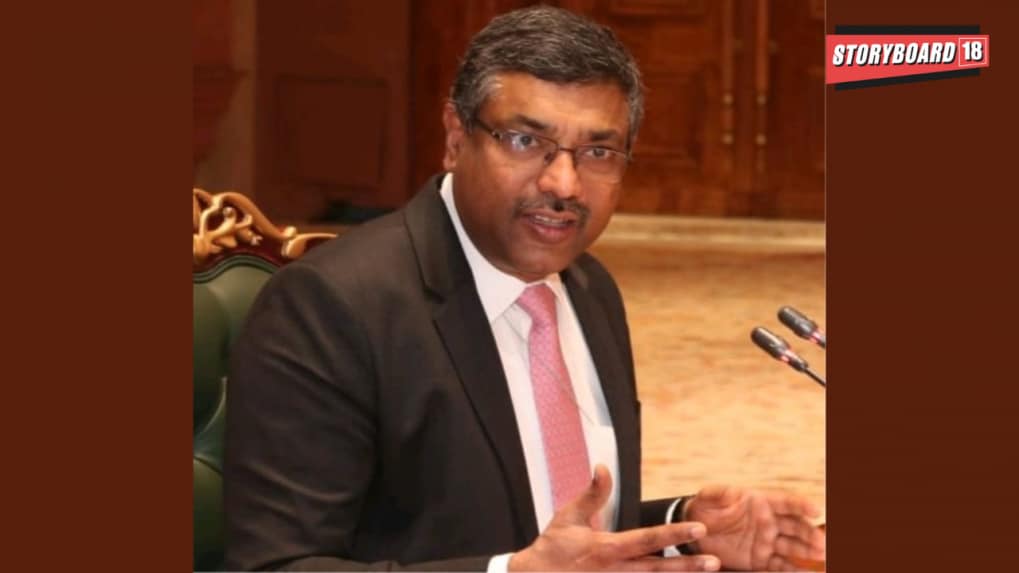Advertising
From Pink Slips to Silent Sidelining: Inside adland’s layoff and anxiety crisis

India is open to sharing its artificial intelligence models with the Global South, S Krishnan, Secretary at the Ministry of Electronics and Information Technology, said at FICCI’s conference Bhashantara 2025.
Speaking at the conference, the secretary emphasised that India’s Language Technology ecosystem is so diverse, India has the potential to lead global AI development, stating, "If you can do it in India, you can do it practically anywhere else in the world."
India's intent to share AI models with the Global South stems from discussions with UN officials, who expressed interest in the country’s collaborative approach to artificial intelligence development. It positions India as a potential alternative to other AI ecosystems, offering solutions designed explicitly for multilingual, resource-constrained environments.
The government's India AI Mission has established AI Kosh, a data repository containing more than 400 databases, designed to support researchers and entrepreneurs developing multilingual AI solutions. Krishnan highlighted Mission Bhashini and Anuvadini as key programmes advancing language technology, with particular emphasis on capturing regional dialects rather than just major languages.
India is also digitising traditional knowledge, including Ayurvedic texts and historical manuscripts, to create comprehensive datasets for global healthcare and research communities. Unlike other nations that rely solely on state or private funding, India's approach encourages multi-stakeholder participation across academia, industry and research institutions.
Industry leaders at the conference outlined specific requirements to accelerate India's multilingual AI capabilities whilst committing to enhanced private sector contributions.
Read More: MeitY to Madras HC: Mandatory Aadhaar authentication for RMG requires Parliamentary legislation
Harsh Dhand, Research and AI Partnerships APAC lead at Google and Co-Chair of FICCI's Multilingual Internet Committee, presented three key requests to government: unlocking historical data from institutions like Prasar Bharathi and All India Radio, broadening the definition of "Make in India" to "Made in India by India for India,” and, connecting research entities to prevent duplication of efforts and better resource utilization. Dhand also outlined that the industry must contribute through access to technology, seed funding for startups and academia, and skilling.
Dr. Ajay Data, Chairman of FICCI's Multilingual Internet and Universal Acceptance Committee, said that domain names are now available in all official Indian languages. With more than 6 billion people globally not speaking English as their primary language and India home to 19,500 languages and dialects, Data emphasised the vast commercial opportunities that lay ahead.
From purpose-driven work and narrative-rich brand films to AI-enabled ideas and creator-led collaborations, the awards reflect the full spectrum of modern creativity.
Read MoreLooking ahead to the close of 2025 and into 2026, Sorrell sees technology platforms as the clear winners. He described them as “nation states in their own right”, with market capitalisations that exceed the GDPs of many countries.